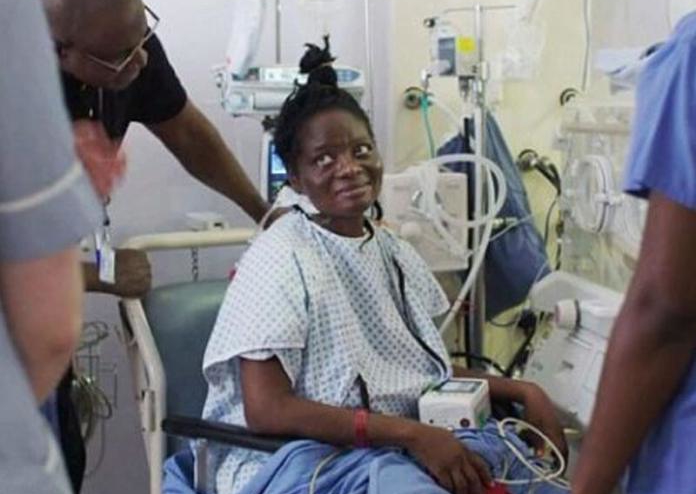Overseas patients needing non-urgent treatment at hospital will be made to pay first under a major crackdown on health tourism in the United Kingdom.
The move coincides with a hard-hitting BBC documentary which revealed how one Nigerian mother, Priscilla who gave birth to quadruplets had racked up a bill of £500,000.
Priscilla, 43, went into early labour at Heathrow airport after being turned away from the US.
Two of the babies have since died. The other two are still being looked after at Queen Charlotte’s and Chelsea Hospital in West London and their mother will not be able to repay even a fraction of their costs.
Although the rule change will not apply to maternity care, ministers are hoping it will help stop the NHS being seen as an “international health service”.
According to Reuters, from April hospitals will be legally obliged to charge patients upfront for procedures which are not deemed immediately necessary.
This includes hip or knee surgery, cataract removals and operations to remove hernias as well as certain scans and medications.
If patients are unable to pay, doctors will be told to make a decision, based on their clinical need, as to whether the treatment should go ahead anyway.
But many may be instructed to return to their home countries and have the procedure there.
The rules will not apply to maternity care or any treatment considered potentially life-saving or immediately necessary.
This includes scans or treatment for cancer or heart conditions as well as operations to remove the appendix.
Hospitals are also being told to ask all new patients for passports and utility bills when they first arrive to check they are entitled to NHS care.
Those which fail to show they are collecting enough money from patients at the end of the year may be fined.
Last week a damning report from the Commons spending watchdog accused the NHS’s billing system for health tourism of being in chaos.
The Public Accounts Committee blamed hospital staff and GPs for failing even to identify which patients needed to be charged.
Source: This Day
This page has been viewed 392 times
Tags : UK Health care


























